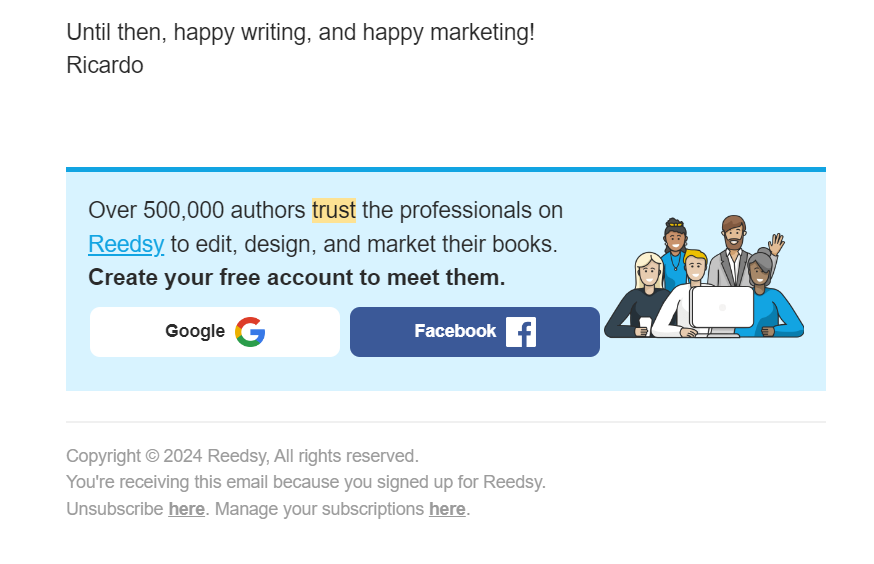Leveraging Social Proof in Email Marketing

Estimated reading time: 6 minutes
Because digital consumers are more knowledgeable and more skeptical than ever, nobody merely takes a marketing claim or a sponsor message at face value anymore. Instead, they look to the experiences and opinions of others. This is known as social proof. It plays a critical role in shaping consumer behavior and is a powerful tool in email marketing. Understanding how to effectively leverage social proof in your email campaigns can significantly boost engagement, increase conversions, and build trust with your audience.
What is Social Proof?
Social proof is the psychological concept that people tend to follow the actions of others, especially in uncertain situations. When consumers see others using and endorsing a product or service, they are more likely to trust that it is worth their time and money. Social proof can take many forms, including testimonials, reviews, user-generated content, case studies, and social media mentions.
Why Is Social Proof in Email Marketing Important?
Email marketing remains one of the most powerful channels for reaching customers and creating engagement, but with inboxes increasingly crowded with promotional messages, getting noticed – let alone getting clicked – takes more than a stellar subject line or a persuasive call to action. Incorporating social proof into emails can make all the difference. Here’s why:
Builds Trust and Credibility: When potential customers see that others have had positive experiences with your brand, they are more likely to trust you. Trust is a critical component in the decision-making process, especially in the digital space where face-to-face interactions are rare.
Reduces Uncertainty: Many consumers are reluctant to make a purchase because they fear uncertainty or making a bad decision. Social proof helps alleviate these concerns by providing evidence that others have already benefited from the product or service.
Increases Conversions: Emails that include elements of social proof, such as customer testimonials or ratings, are more likely to convert because they reassure recipients that they are making a sound choice.
Encourages User Engagement: Featuring user-generated content or encouraging customers to share their experiences can foster a sense of community and engagement with your brand.
Types of Social Proof to Use in Email Marketing
1. Customer Testimonials.
Featuring positive feedback from satisfied customers is one of the most effective ways to build trust. These testimonials can be included in welcome emails, promotional offers, or even post-purchase follow-ups. For example, you can highlight a customer’s experience with a specific product to encourage others to make a purchase.
2. User-Generated Content.
Encourage your customers to share their experiences on social media and feature this content in your emails. This not only serves as social proof but also creates a sense of community around your brand. For instance, you can run a campaign where customers share photos of themselves using your product, and then showcase these images in your newsletters. Additionally, you can tag these images in Shoppable Instagram posts, making it easier for potential customers to purchase directly from the shared content.
3. Ratings and Reviews.
Including product ratings and reviews in your emails can significantly influence purchasing decisions. Highlight products with high ratings or showcase recent reviews from customers. This type of social proof is particularly effective in cart abandonment emails, where it can nudge customers to complete their purchases.

4. Social Media Mentions.
If your brand has been mentioned or endorsed by influencers or satisfied customers on social media, highlight these mentions in your emails. This not only serves as social proof but may also encourage recipients to follow you on social media for more updates.
5. Customer Count.
Pointing out how many people have used or benefited from your product can be another good way to provide social proof. For example, mentioning that “Over 10,000 customers trust our service” can reassure potential customers that they are making a popular and trusted choice.

6. Expert Endorsements.
If an industry expert or influencer has endorsed your product, featuring their endorsement in your email can add a significant level of credibility. This type of social proof works especially well when trying to reach a skeptical or highly informed audience.
How to Incorporate Social Proof into Your Email Campaigns
Use Visuals
Visual elements, such as images of satisfied customers or screenshots of social media mentions, can make the social proof more engaging and impactful. People are naturally drawn to visuals, and incorporating them into your emails can help reinforce the intended message.
Segment Your Audience
Different types of social proof resonate with different segments of your audience. For example, new subscribers might respond better to testimonials and ratings, while returning customers might appreciate user-generated content or case studies. Segmenting your audience allows you to tailor your social proof to match the interests and needs of each group.
Test and Optimize
Just like any other element of your email marketing strategy, social proof should be tested and optimized. Experiment with different types of social proof, placements, and messaging to see what resonates best with your audience. To ensure your emails not only resonate with your audience but also reach their inbox, it’s crucial to test and optimize every element — starting with your deliverability. Test your deliverability today to maximize the impact of your social proof efforts.
Keep It Authentic
Authenticity is key when it comes to social proof. Avoid fabricating testimonials or manipulating reviews, as this can backfire and damage your brand’s reputation. Instead, focus on collecting genuine feedback from your customers and showcasing it in an honest and transparent manner.
Conclusion
Given the increasing reliance that consumers place in the experiences of others when they make decisions, social proof should be a part of your email marketing strategy, not merely a trend. Social proof can help you build trust, reduce uncertainty, and engage your audience, which in turn can help your email campaigns stand out and improve your conversion rates and customer relations. Start integrating social proof into your emails today and watch your marketing efforts reach new heights. To ensure your efforts are truly effective, start by evaluating and improving your email deliverability.
FAQ
Social proof in email marketing is testimonials, reviews, user-generated content, and other forms of customer feedback that is used to build trust and encourage recipients to take action.
Social proof is crucial because it builds trust, reduces uncertainty, and increases conversion rates by showing that others have had positive experiences with your product.
You can use customer testimonials, product reviews, user-generated content, social media mentions, expert endorsements, and customer counts to provide social proof in your emails.
You can encourage user-generated content by running campaigns that invite customers to share their experiences on social media and then feature this content in your emails.



